Instrumentation engineering root cause analysis of magnetic flow meter liner damaged and winding burnt.
| Article Type: | Root Cause Analysis (RCA) |
| Category: | Instrumentation |
| Equipment Type: | Instruments |
| Author: | S. Raghava Chari |
Note: This root cause analysis (RCA) is from real-time scenarios that happened in industries during the tenure of two or three decades ago. These articles will help you to improve your troubleshooting skills and knowledge.
Magnetic Flow Meter Liner Damaged
None could repair winding burnt & Extensively Damaged flow tube liner Magnetic Flow Meter.
Problem: The mag flow meter flow tube (FT) is 800 mm long 1”Sch 40 both ends collared and CS loose-flanged SS pipe spool. 3 mm thick PTFE or similar electricity insulating process compatible lining insulates the flowing liquid from the SS pipe along the FT length.
The manufacturer declined relining the FT and even supplying a replacement lined tube telling no field repair possible. Relining vendors also declined telling the too small bore pipe lining is impractical.
The author lined it himself thus and put the mag meter back online:
- Unscrew and save the electrodes and their ceramic bushes, scrape out damaged the liner to bare the metal and sand blast tube bore
- Cut a bought out 30-mm dia carbon filled Teflon rod – rod from now on – to length = collar-to-collar FT length L+100 mm
- Reduce the rod dia for hand pushing into FT uniformly flame heated to ≈ 200o C
- Light-tight vice hold the FT and Insert the rod into the FT both ends projecting equally. Allow to cool to room temperature
- Bore the rod 20 mm ID.
- Flare the ends using shop made 45o, and 90o 6 mm radius fillet radius flaring tools – see fig. Cut out the excess liner protruding beyond collar OD
- Make 10 mm thick x 1” 150 # flange raised face dia CS plate 1; Screw in a ¼” Sch 40 NPT threaded short nipple at the center. Likewise make 1/8” NPT screwed CS plate 2.
- Bolt plate 1 to FT left side using CS flange and plate 2 to FT right with proper gaskets
- Connect 10 bar steam to plate 1 and leave plate 2 free Maintain 4-hours steam flow to cure the liner to the SS pipe
- Remove the curing steam connections
- Drill hole in the liner at the FT electrode hole location and insert the saved ceramic bush
- Pass a long noose ended twine via the ceramic bush, and pull it out FT left end. Untie the noose, insert it via the electrode hole and tie the electrode. Pull the ceramic bush end string, manipulate the electrode via the ceramic bush with a wooden scale or similar flat wood piece and tighten the electrode nut. Remove the twine. Now top electrode is in position
- Insert and tighten bottom electrode to FT the same way
- Assemble the coils over the lined FT. Mag Meter is ready for use.
- E.g. we want to calibrate the head for 0-300 LPM i.e. 0 to 15.92 m/sec liquid velocity for this head of 20 mm bore. Hence, connect the placed on floor head to a table held receiver instrument of scale 0-300 LPM calibrated for 15.92 m/s velocity
- Connect a fire hose to FT left flange (see fig). Hose connect FT right flange to a reference meter e.g. target flow transmitter. Alternatively arrange to collect and weigh water flown during stopwatch-timed period.
- At zero flow and making sure of water filled FT, the reason for placing the magmeter on floor and bolting me magmeter to upwards flow pipelines – adjust left potentiometer on the head to make the mag meter receiver read zero. Open the fire hydrant and adjust the flow for say 250 LPM shown by the reference. Adjust the head span potentiometer. Verify the reading near midscale.
- Dissemble the set up; return the various components. The mag meter is for plant use.
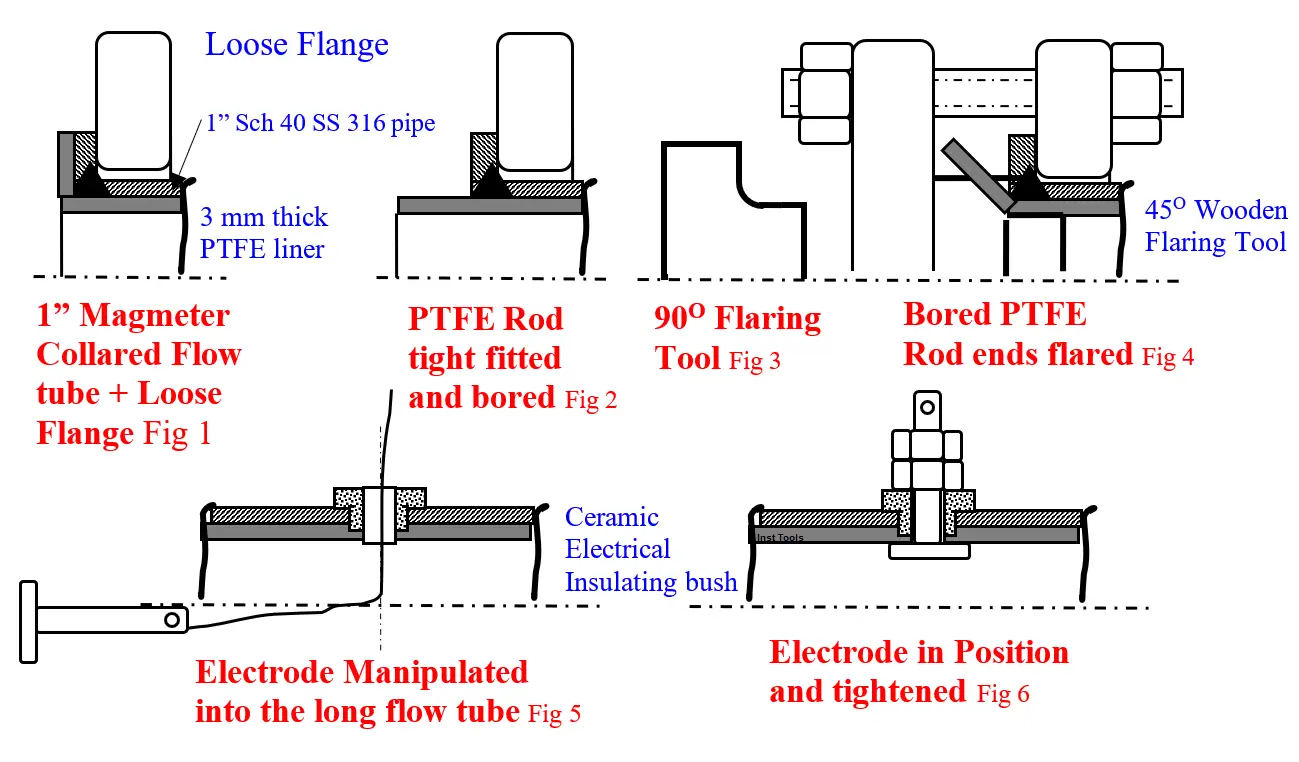
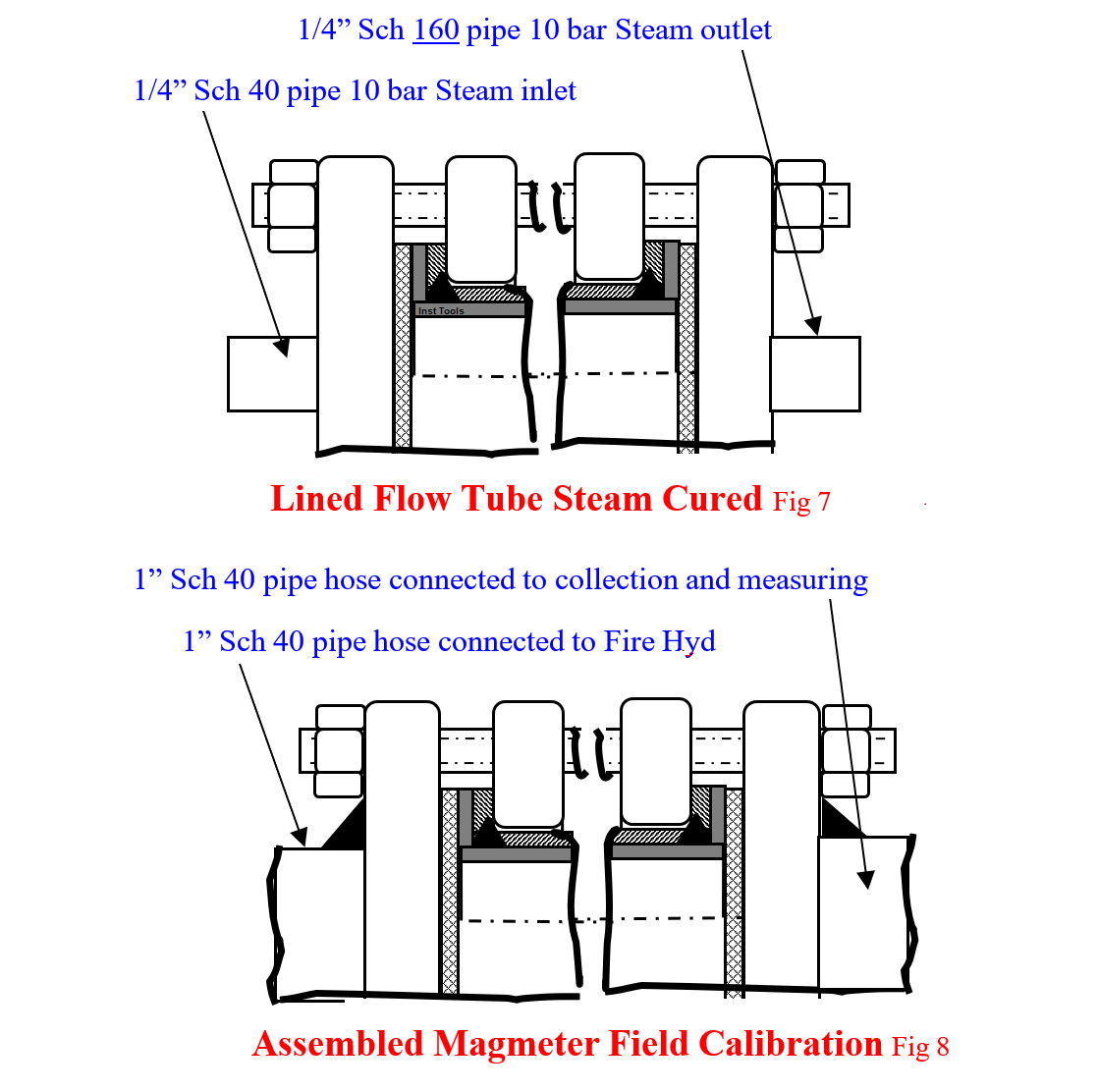
Magmeter Recovery Benefits
See the benefits below.
- Enabled production reduction within 8-hours and met the committed orders
- Besides the financial gains, it preserved image as a reliable phosphate fertilizer supplier
- Saved a head purchase costs
- Found a way to handle future such problems
Author: S. Raghava Chari
Do you face any similar issues? Share with us through the below comments section.
If you liked this article, then please subscribe to our YouTube Channel for Instrumentation, Electrical, PLC, and SCADA video tutorials.
You can also follow us on Facebook and Twitter to receive daily updates.
Read Next:
- Pressure Switch Screwed Cover
- Doubtful Temperature Readings
- Pressure Switch Screwed Cover
- Level Instruments Stopped Working
- Thermowell Shank to Flange Leaks
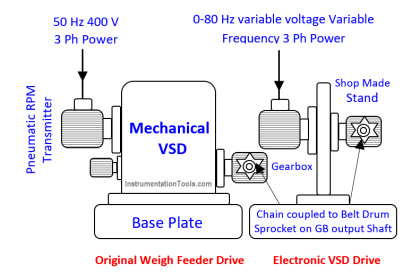
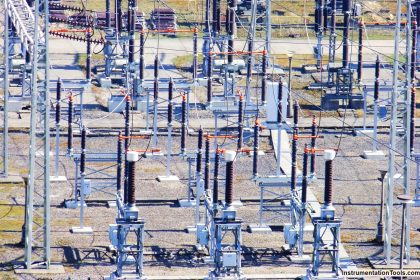
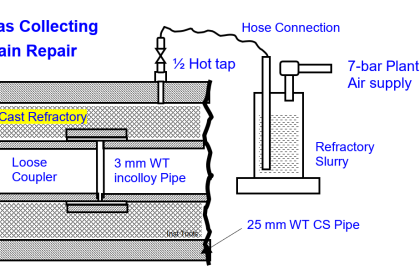
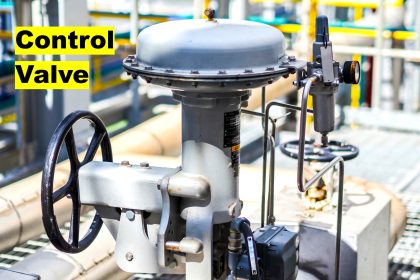
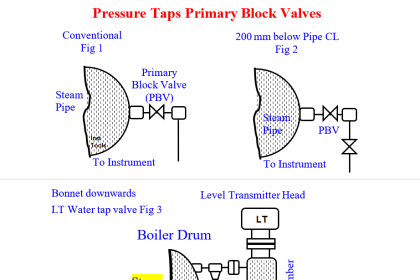
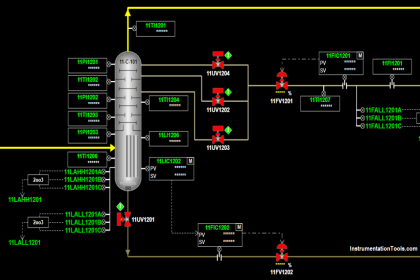
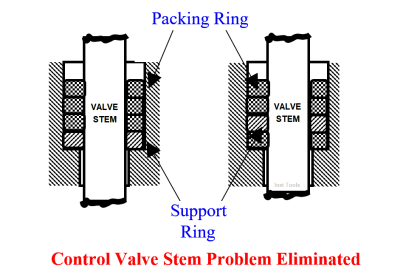
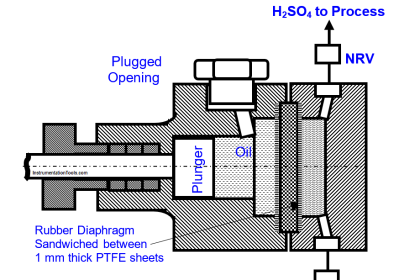


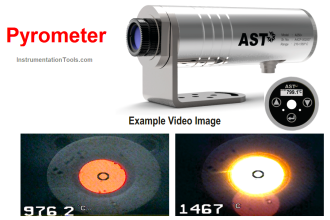
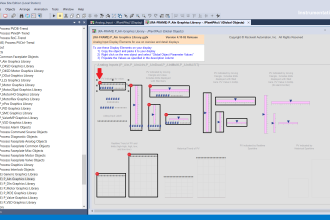
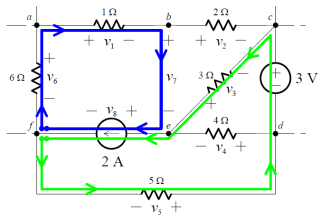
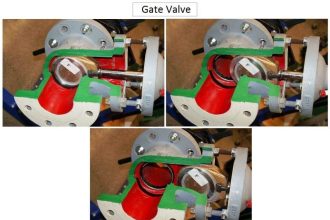
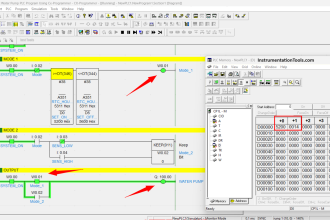
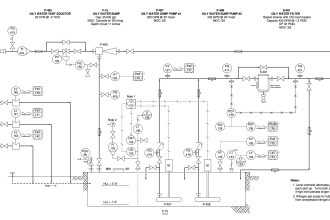

Very informative info of mag meters